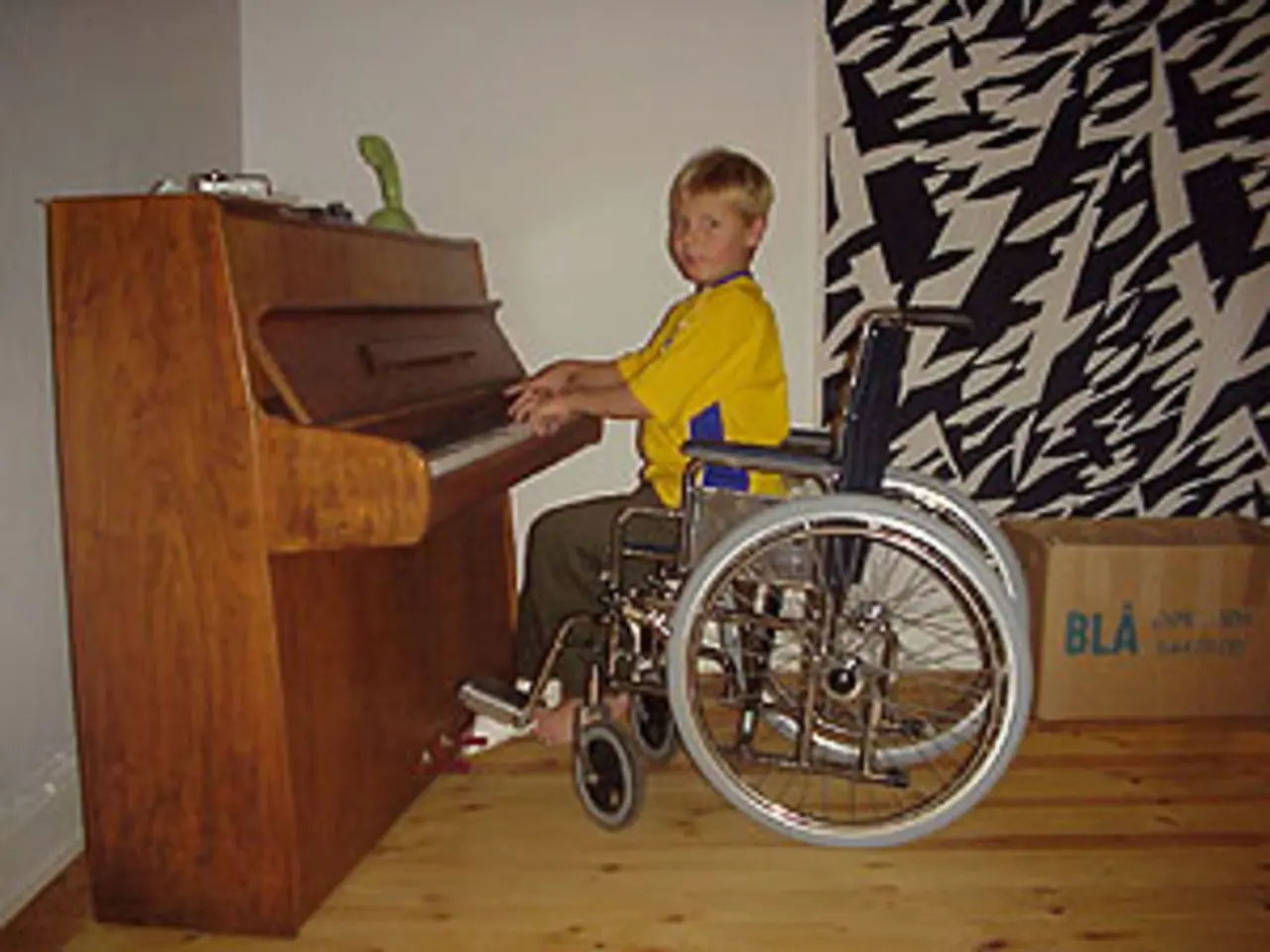alletteof Autistic Overload: A Deep Dive into the Concept
Autistic burnout, a condition characterized by chronic exhaustion, loss of skills, and reduced tolerance to stimuli, is a growing concern within the autistic community. This state of intense physical and mental exhaustion, increased stress, and a diminished ability to manage daily life is often caused by prolonged strain from trying to meet demands inconsistent with an autistic person's needs.
Signs of Autistic Burnout
Common signs of autistic burnout include extreme fatigue and exhaustion, both physical and mental, increased anxiety and difficulty concentrating, frequent overstimulation and sensory overload, more frequent meltdowns or shutdowns, regression in communication or self-care skills, changes in sleeping or eating habits, avoidance of social or work/school situations, physical symptoms like muscle tension and headaches, taking longer to complete tasks, and often being absent from work or school.
Causes of Autistic Burnout
Key contributing factors to autistic burnout include masking or camouflaging autistic traits, sensory overload from noisy, crowded, or unpredictable environments, unrealistic expectations that push individuals beyond their limits socially, at work, or school, lack of adequate support or accommodations, and significant life changes or transitions.
Recovery Strategies
Recovering from autistic burnout requires time, patience, and appropriate support. Important strategies include taking breaks from stressful demands, establishing a simple, predictable, and sensory-friendly routine, seeking support from mental health professionals, family, friends, or workplace/school accommodations, adjusting expectations and reducing pressure around social, academic, or work tasks during recovery, prioritizing self-care, and allowing ample rest to rebuild internal resources. Recovery is often a long-term process involving lifestyle changes and ongoing management to prevent recurrence.
In summary, autistic burnout is a multifaceted condition largely driven by prolonged stress from masking, sensory challenges, and unmet needs. Signs range from exhaustion to communication difficulties, and recovery centers on rest, reducing demands, consistent routines, and strong support systems tailored to individual needs. Understanding and addressing autistic burnout is crucial for improving the lives and well-being of those affected.
Research on psychology and adolescence reveals that individuals with autism spectrum disorder often face challenges in managing stress and anxiety, due to the demands of social situations that can lead to autistic burnout. This condition, marked by chronic exhaustion, reduced skills, and diminished stimuli tolerance, is a growing concern within the autistic community.
Understanding the signs of autistic burnout is essential for early diagnosis and intervention. Common indicators include extreme fatigue, increased anxiety, sensory overload, communication regression, sleep and eating changes, social avoidance, physical symptoms, task slowness, and frequent meltdowns or shutdowns.
The causes of autistic burnout are complex and multifaceted. They include factors such as masking autistic traits, sensory overload, unrealistic expectations, lack of support and accommodations, and significant life changes or transitions.
Overcoming autistic burnout requires strategies tailored to each individual's unique needs. Recovery involves taking breaks, establishing predictable and sensory-friendly routines, seeking support from mental health professionals, family, friends, or workplace/school accommodations, adjusting expectations, prioritizing self-care, and allowing ample rest to rebuild internal resources.
Living with autism in adulthood can be a constant source of stress and self-care is crucial for managing mental health and promoting health-and-wellness. Caring for oneself can involve activities such as stress management techniques, regular exercise, mindfulness, and engaging in enjoyable hobbies or interests.
Research in society and mental health highlights the importance of creating supportive and understanding environments for those with autism. This includes fostering open communication about autism, promoting awareness and understanding of sensory challenges, and working towards accommodations in work, school, and social settings.
Addressing autistic burnout and supporting individuals with autism can have far-reaching benefits, not just for the individuals themselves but for society as a whole. This includes improved productivity in the workplace, enhanced social interactions, and a more compassionate and inclusive community.
Recovery from autistic burnout is a long-term process and requires ongoing management to prevent recurrence. The science of brain and memory function plays a crucial role in this process, as understanding how stress affects mental health can aid in developing effective coping strategies and interventions.
Ultimately, addressing autistic burnout and promoting mental health for those with autism requires a collaborative effort from various sectors of society, including science, healthcare, education, and policy-making. By working together, we can create a brighter future for those affected by autism and contribute to a more compassionate and understanding society.
Emotions are powerful tools in our lives, and for individuals with autism, managing these emotions can be particularly challenging during periods of stress and burnout. It is crucial to remember that seeking help and support is a sign of strength, not weakness, and embracing self-care and mindfulness can play a vital role in maintaining mental health and well-being.




